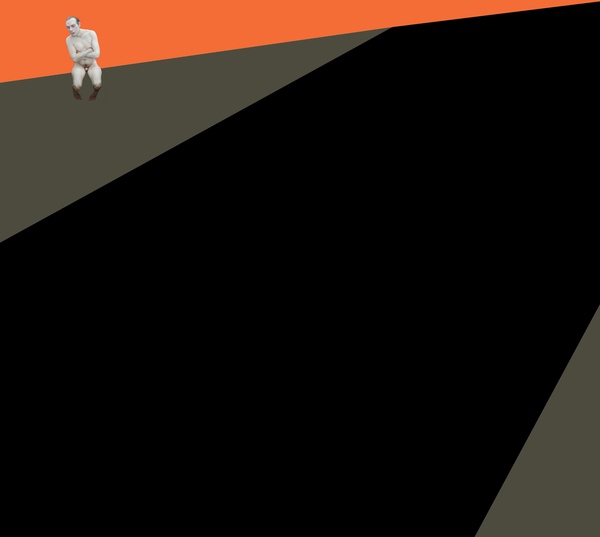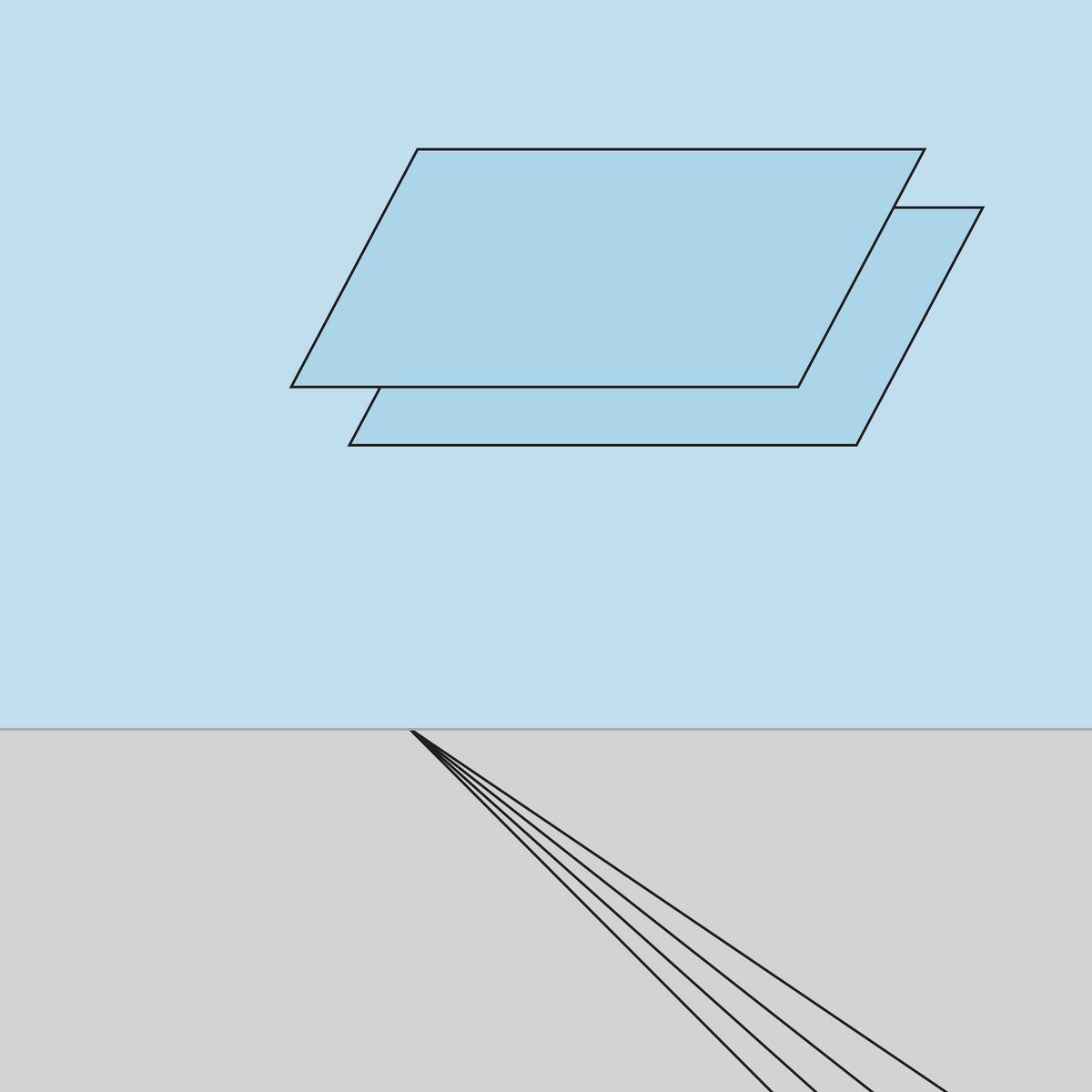On two distinct new albums, legendary composer Asmus Tietchens approaches different subject material with his current technique of recycling sounds beyond the point of any recognition. Schatten Ohne Licht (Shadow Without Light) is grounded in post-anthropological concepts influenced by scholar/writer Ulrich Horstmann's conceptualization of a planet devoid of biological life. Comparatively, Parallelen would seem focused on more theoretical mathematics and a greater sense of the abstract.
 The opening title piece of Schatten Ohne Licht features Tietchens blending quiet tones with distant, low-end rumbles, with both the higher and lower frequencies layering and building throughout. Towards the half-way point he switches things around, using the same components but swapping around the arrangements, becoming a different sounding piece entirely. "Anthroporsaurus" follows a similar approach, pairing floating hints of melody with deep space pulsations and a machinery like chug, although the sum total of the parts is more delicate than anything else.
The opening title piece of Schatten Ohne Licht features Tietchens blending quiet tones with distant, low-end rumbles, with both the higher and lower frequencies layering and building throughout. Towards the half-way point he switches things around, using the same components but swapping around the arrangements, becoming a different sounding piece entirely. "Anthroporsaurus" follows a similar approach, pairing floating hints of melody with deep space pulsations and a machinery like chug, although the sum total of the parts is more delicate than anything else.
Later, "Es ist Endlich Still" (It's Finally Quiet) is a perfect example of the post-organic life themes of the album. High register crystalline sounds are joined with liquid, wet noise. Combining strange outbursts, flattened frequencies, and some occasional crackling, it sounds as empty and devoid of life as the title would insinuate. Closer "Kolosse" is an appropriately dramatic ending, all shimmering and looming space with chiming swells peppered throughout. As a whole it is more forceful and heavy compared to the other pieces on the disc, and results in a fitting climax for the album.

Comparatively, Parallelen comes across as a more purely sonic experiment as opposed to one grounded in a specific theme. The components are similar, such as the wobbling tones and occasionally shrill passages of the lead off piece "Parallele Ebene 1," but instead of conjuring desolate images of rocks and minerals, there is an almost vintage science fiction soundtrack feel, something Tietchens has used to great effect in the past. A sense of alien life and space also comes through extremely well for "Parallele 1" via guttural sounds and ringing pulsations that sound like nothing from Earth.
Tiectchens also toys with conventional music elements throughout this album, such as the fragments of backwards melody that drift through the murky, interlocking layers of abstract sound throughout "Parallele Ebene 2." Ghostly tones also inhabit "Paralelle 4" quite obviously, but the musicality is most prominent on the closing "Am Fluchtpunkt." The piece features what sounds like digital low bit rate detritus molded into almost music box like melodies, resulting in a strangely active, almost carnival like atmosphere that is far lighter (and dare I say almost fun) than what preceded it.
It would seem that Tietchens utilized similar strategies to create the sounds used on both Schatten Ohne Licht and Parallelen, but it is the different approach to theme and composition that makes for two distinct works. Both, however, are indicative of Tietchens' ever evolving style and imagination. Even well over 40 years since his first recorded work, he is consistently producing new and innovative works that never feel stuck in any sort of complacency, but instead is indicative of his never-ending creativity.
Read More

